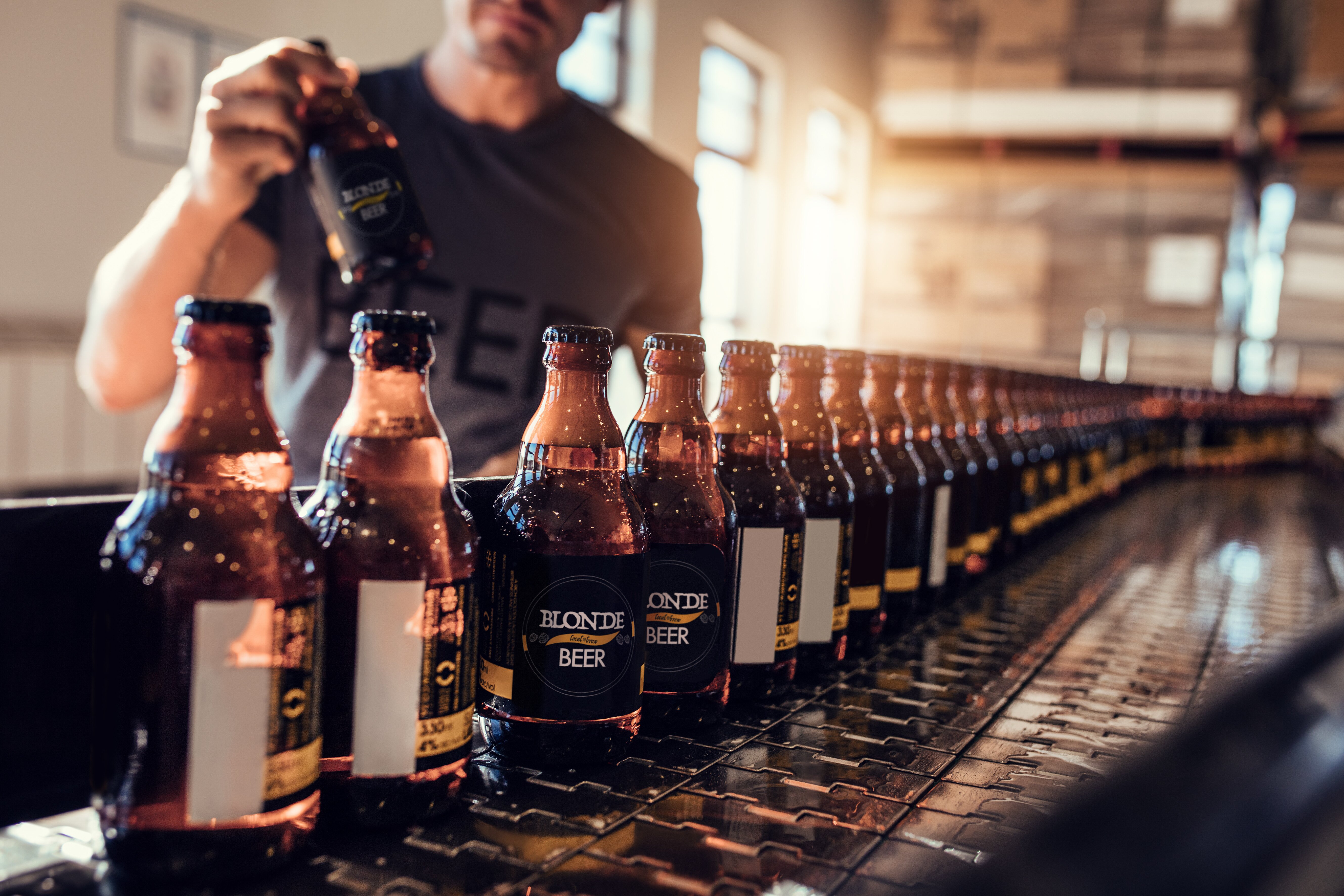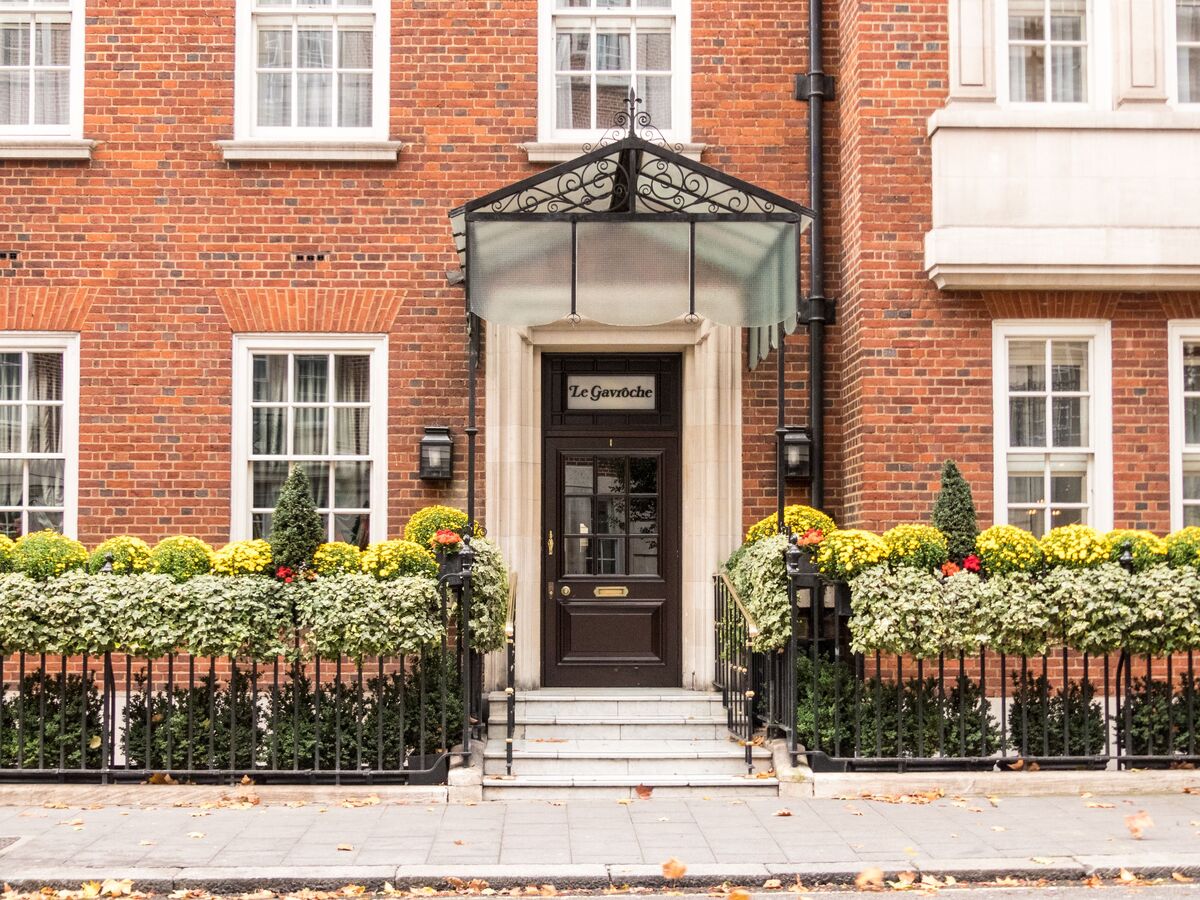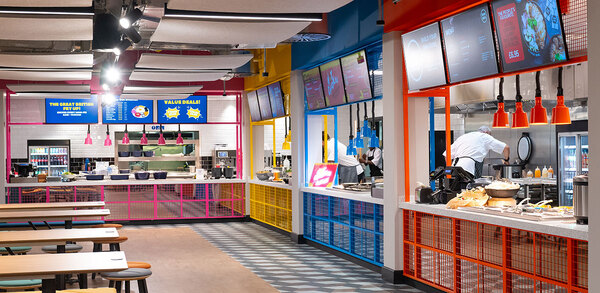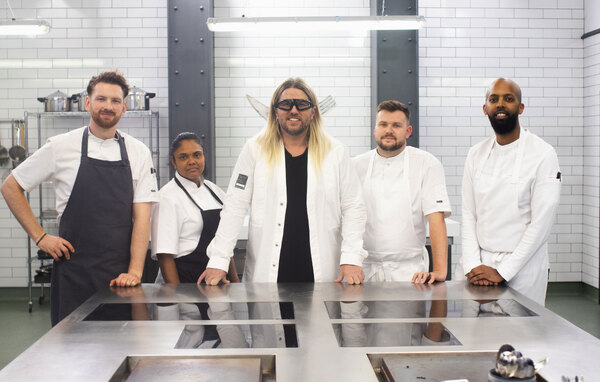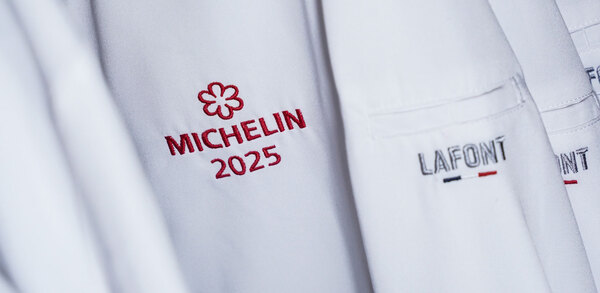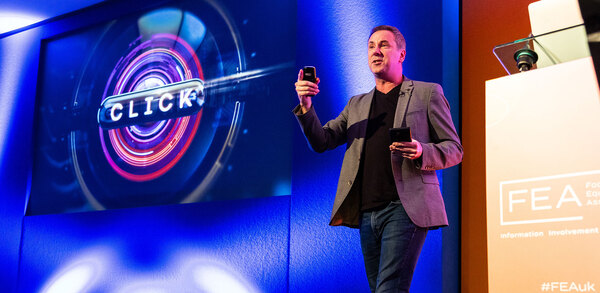Scottish takeaways warn deposit return scheme will be ‘absolute chaos’
Scottish takeaway businesses fear the launch of the deposit return scheme (DRS) on 16 August will lead to “absolute chaos” as “no one knows what to do”.
The DRS is designed to improve recycling rates in Scotland by adding a 20p deposit to the cost of every single-use drinks container, which includes those made from PET plastic, glass, aluminium, or steel.
Customers will be able to reclaim their 20p by bringing the empty container to a return point, either over the counter in certain venues or using an automated reverse vending machine.
“Closed loop” hospitality businesses, such as restaurants, bars or hotels, will not be expected to carry out this role, as it is assumed that all drinks will be consumed on-site.
However, takeaways will be legally required to accept returns of recyclable containers or in some cases refund customers their deposits, even if the drinks were not originally bought on their premises.
The DRS is being administered by non-profit organisation Circularity Scotland (CSL), which receives government guidance from Scotland’s circular economy minister, Lorna Slater.
The CSL website states that the legislation is necessary to “ensure that all consumers, wherever they live, have access to a local return point”.
Guidance from CSL also suggested that businesses that do not want to manually handle returns should consider installing a reverse vending machine if it is "commercially viable" for operators.
A spokesperson for CSL said that although there would be no direct funding for the machines from CSL or the Scottish government, businesses would be paid a “handling fee” to run the scheme which could be used to install one.
Industry response
Stuart Devine, operations director of the Ashvale restaurant group, which operates three takeaway sites, said: “No one in our trade has been told what the procedures are. They haven’t spoken to businesses and it’s just going to cause absolute chaos.
“No one knows what to do and no one knows how much it’s going to cost. To actually go to the extent of a small takeaway install[ing] a machine – the whole thing is just unbelievable.”
Devine, who is also regional director for Scotland at the National Federation of Fish Friers (NFFF), added: “Fish and chips shops right now are at a break point. There are more fish and chips shops closing down than there has ever been. This [DRS] is not worth the hassle; governments are not listening and that’s the scary thing.”
Leon Thompson, chief executive of UKHospitality Scotland, said hospitality businesses offering food to-go may have to reconsider their business model.
He said: “Some of the members I’m speaking to are already looking at exemptions [to] having to operate as a return point. Some will be successful in getting those exemptions, but others might just cease to sell drinks as part of their click and collect or delivery service.
“That’s obviously going to impact on sales for businesses and that’s rubbish for customers as well because they can’t just get everything they want in one delivery.”
Thompson added: “There’s a lot of confusion for consumers and that’s something CSL hasn’t even addressed yet. They haven’t launched any kind of public facing activity to get the public ready for this, yet this is a massive change for the way that people will recycle their bottles and cans.”
The introduction of a similar scheme across England, Wales and Northern Ireland has been delayed until October 2025 to give businesses more time to prepare.
Takeaway businesses looking to apply for an exemption to the scheme should speak to Zero Waste Scotland. The CSL website recommends the best course of action here.
The CSL spokesperson said that takeaway businesses are expected to be successful if they apply for an exemption.
Read more about the industry-wide impact of the Scottish deposit return scheme in our news analysis feature in The Caterer next week.



